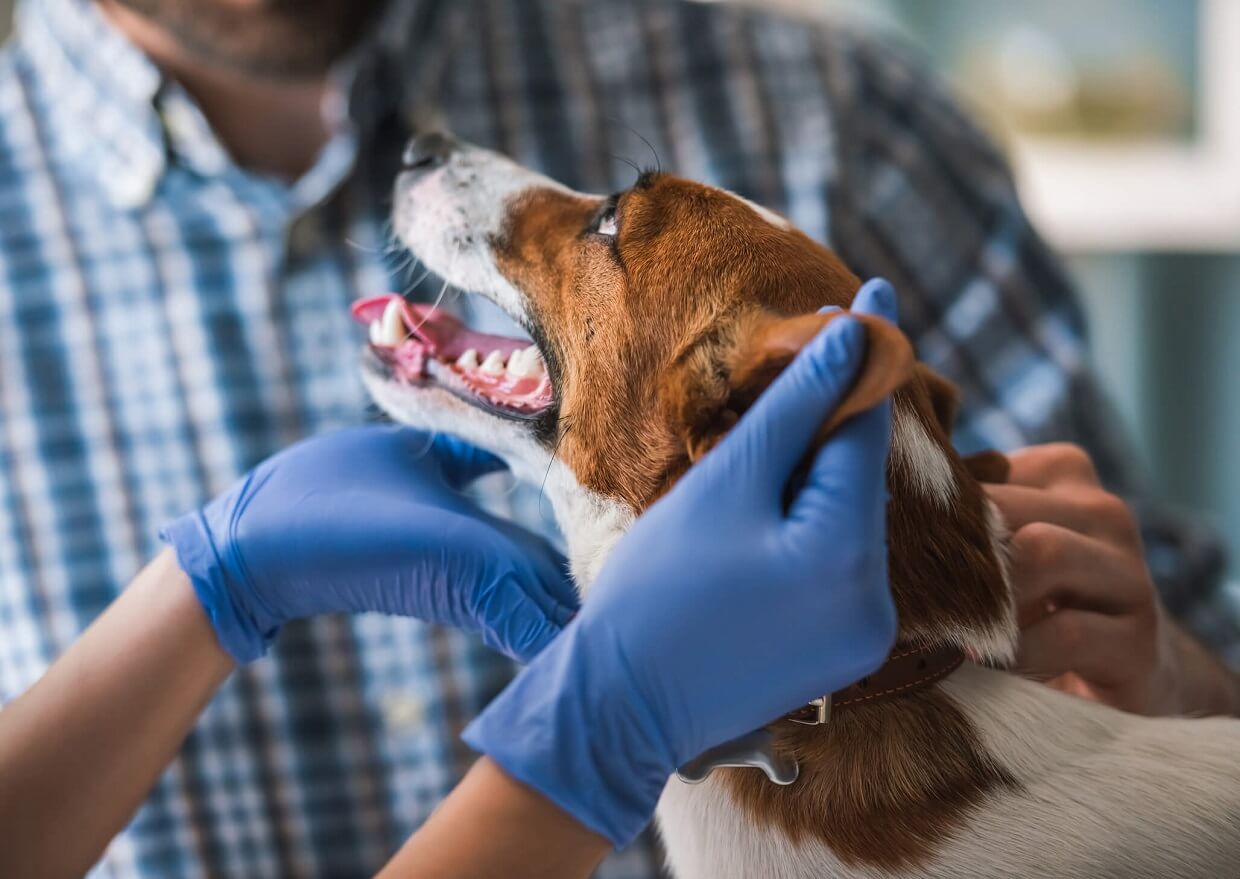
Older dogs less likely to be up-to-date on leptospirosis vaccine
12th October, 2022
When was your dog last vaccinated against leptospirosis?
Vets recommend that all dogs in the UK should be vaccinated against:
- parvovirus
- distemper
- leptospirosis
- canine infectious hepatitis
Depending on your dog’s lifestyle, they may also need a vaccine for kennel cough and/or rabies, say veterinary charity PDSA.
Leptospirosis is a bacterial disease that can cause serious illness by damaging vital organs such as the liver and kidneys. Sadly, it is often fatal. It is also a zoonotic disease that can be spread to humans.
However, new research has found that less than half of dogs (49%) were up-to-date on their leptospirosis vaccine.
The study at the Royal Veterinary College also revealed that dogs under one year old, and those that were insured, were more likely to be up-to-date on their leptospirosis vaccine.
Adult dogs, especially those over eight years old, were more than ten times less likely to be up-to-date with leptospirosis vaccination than dogs aged under one year.
Symptoms of leptospirosis vary, but can include a high temperature, jaundice, muscle pain, weakness, a reduced appetite, drinking more, vomiting, bloody diarrhoea, bleeding from the mouth and eyes, mouth ulcers and difficulty breathing.
Vets may be able to treat a mild case of leptospirosis with antibiotics, but dogs with more severe symptoms often die during the early stages of the disease or become so poorly that they need to be put to sleep, PDSA warns.
Vaccination is important to help protect against leptospirosis. After an initial primary course, dogs should be given leptospirosis booster vaccines yearly.
Veterinary treatment for unexpected illness can be expensive. At Petwise all our customers have access to unlimited video consultations with a fully qualified vet, available 24/7 365 days a year.